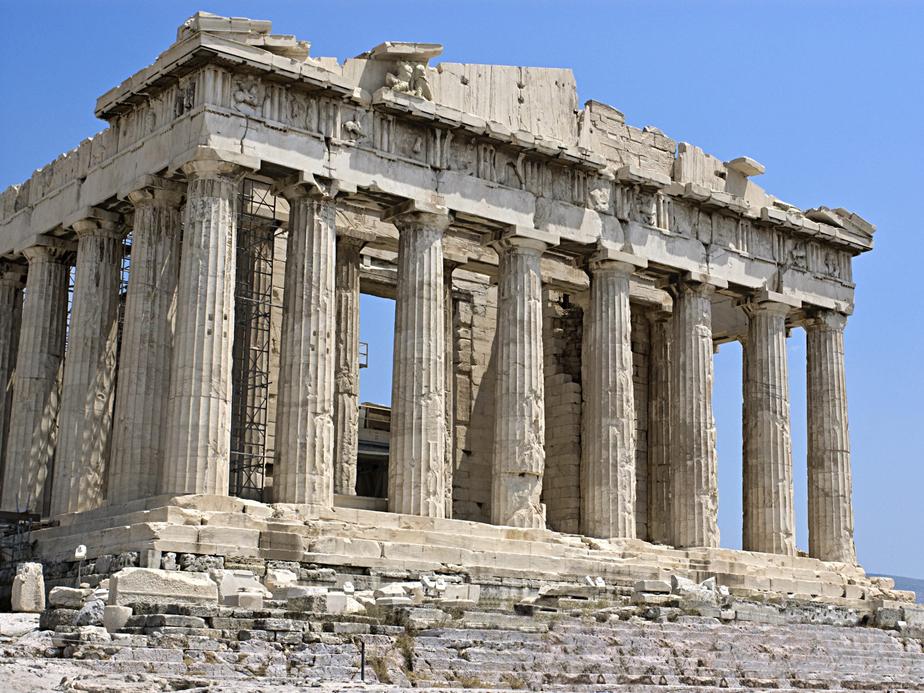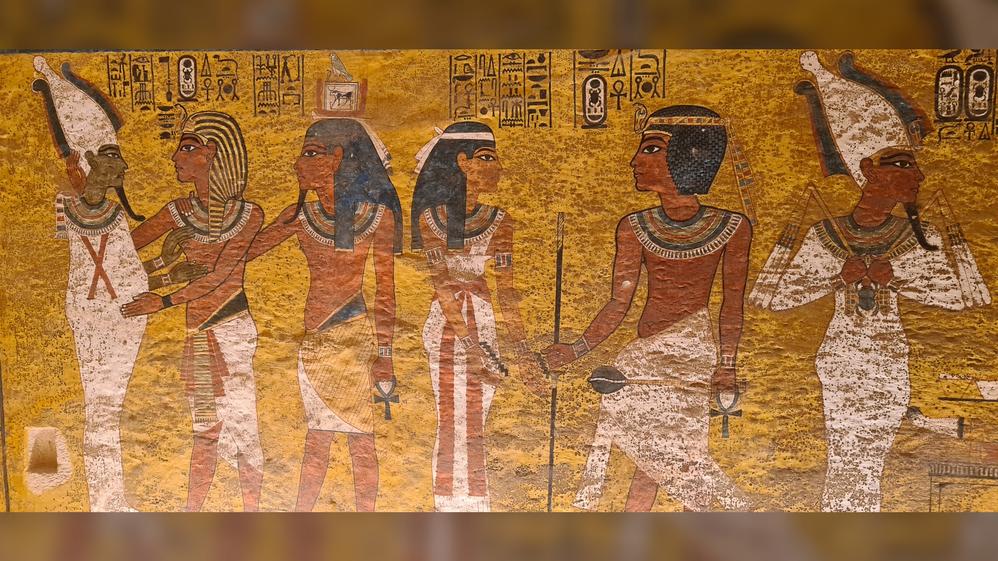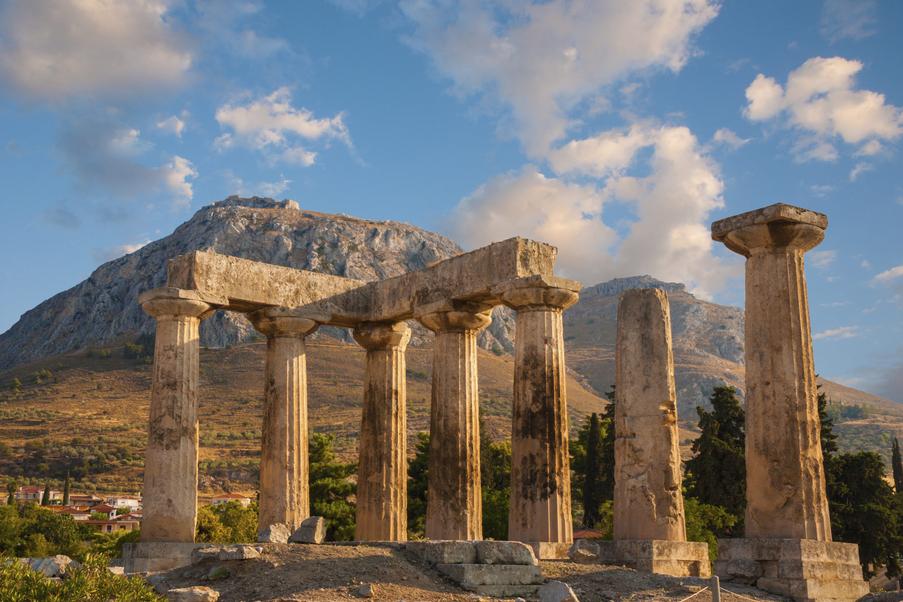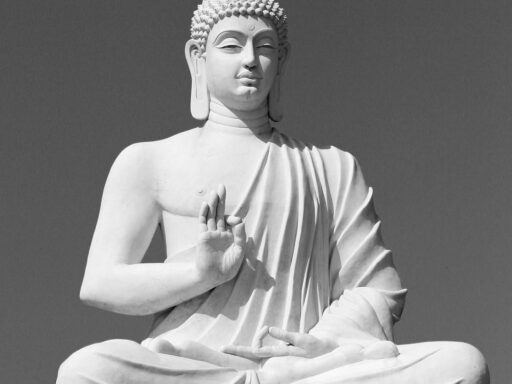Socrates, Plato, and Aristotle were well known to varying degrees during their lifetimes, primarily within educated circles in Ancient Greece, with each gaining different levels of fame and influence. However, the general Greek population showed limited interest in philosophy, as it was mostly an intellectual pursuit reserved for certain social classes.

Socrates was well known mainly in Athens and some parts of Central Greece, such as Boeotia. His frequent presence in public places like the agora made him a recognizable figure. His method of engaging in daily debates and questioning citizens made him a public figure. This visibility, combined with his provocative ideas, led to public recognition, especially among those familiar with philosophical discourse. Evidence also comes from contemporary works like Aristophanes’ comedy Clouds, which satirized Socrates and assumed that audiences would recognize him. Socrates’ notoriety grew to the extent that city leaders viewed him as a threat to stability, leading to his trial and execution. This extreme action implies his influence was significant among Athens’ inhabitants, at least within civic and intellectual life. However, his recognition was not universal; common people knew his name but rarely engaged with philosophy themselves.
Plato’s reputation expanded considerably after Socrates’ death in 399 BCE, which many Athenians later regretted. He and other followers, like Xenophon, helped shape Socratic philosophy’s legacy. Plato became a prominent philosopher with a broad reach across Greece and beyond. He attracted students from various regions, including other parts of the Mediterranean. His founding of the Academy created a formal institutional framework for philosophical studies, enhancing his renown. Besides his intellectual stature, Plato was also involved in practical politics, notably in attempts to advise rulers in Syracuse, Sicily. Though these ventures failed, they reinforced his visibility and influence.

Aristotle, a student of Plato, achieved the most widespread fame during his lifetime. As part of the third generation of Socratic philosophers, he propagated and expanded on earlier philosophical traditions. His prominence was boosted through tutoring Alexander the Great, who later became a dominant political and military leader. Aristotle’s education of Alexander provided a channel for his ideas to spread throughout the expanding Macedonian empire and the broader Hellenistic world. Beyond politics, Aristotle’s philosophical contributions influenced leaders, educators, and religious thinkers. Notably, Jewish scholars in Judea adapted Aristotelian methods to their own traditions, creating lasting intellectual shifts. Among the three, Aristotle was the most famous and influential during his career.
The extent to which the general Greek population cared about philosophy varied greatly. Interest largely depended on social status and access to education. Philosophy was mainly pursued by the elite who had leisure time and the ability to read, write, and attend discussions or lectures. For the average Athenian farmer, craftsmen, or worker, philosophy was often irrelevant. These individuals focused on daily survival and practical concerns rather than abstract inquiry. Literacy rates among common people were low, further limiting their ability to participate in philosophical debates.

- Philosophical ideas circulated mostly within specific social strata.
- Common folk might recognize famous philosophers’ names but did not engage deeply with their work.
- Institutions like Plato’s Academy served a minority dedicated to philosophy.
- The public’s main exposure to philosophy might have come through debates in public spaces or occasional cultural references such as plays.
Thus, while Socrates, Plato, and Aristotle were prominent figures within intellectual and political realms, the average Greek citizen had limited interaction with or interest in philosophy.
| Philosopher | Level of Fame | Scope of Influence |
|---|---|---|
| Socrates | Local to Athens and Central Greece | Public debates, recognized by educated Athenians, influential politically |
| Plato | More widespread in Greece and the Mediterranean | Founded Academy, attracted international students, involved in politics |
| Aristotle | Most famous during lifetime, known throughout Greek world | Tutored Alexander the Great, influenced political and religious spheres |
Greek interest in philosophy was limited primarily to the educated elite capable of understanding and engaging with complex ideas. The wider population had only modest awareness or concern for philosophical issues.

- Socrates was well-known locally and politically significant, which led to his execution.
- Plato broadened philosophical influence through teaching and political involvement.
- Aristotle gained the widest fame, aided by his connection to Alexander the Great.
- Civic interest in philosophy was largely confined to educated, privileged classes.
- The average Greek citizen engaged more with practical life than abstract thought.
How Well Known Were Socrates, Plato, and Aristotle at Their Time? And How Much Did the Greek Population Care About Philosophy?
Were Socrates, Plato, and Aristotle famous in their own time? Absolutely—but fame and fan interest varied quite a bit depending on who you asked in ancient Greece. These three philosophers are household names today, icons of Western thought, but what about back then? Let’s journey into Classical Greece, stroll through the agoras and academies, and see just how much the average Greek cared about philosophy, and how famous these thinkers truly were in their own day.

First, picture Athens in the 5th and 4th centuries BCE. It’s bustling with merchants, craftsmen, soldiers, and—yes—philosophers. But did the average farmer or potter stop harvesting olives to ponder Plato’s theory of forms? Probably not.
Socrates: The Street Philosopher Who Got People Talking (and Sometimes Mad)

Socrates is probably the most iconic early figure, even back then. He doesn’t write anything down himself, but other sources show us that in Athens—and even in parts of Central Greece like Boeotia—he was a known figure. Socrates was a staple of the Athenian agora, spending his days chatting, debating, and occasionally irritating his fellow Athenians. Sounds like that one annoying guy at the coffee shop, right?
How well known was he? Well enough for the playwright Aristophanes to satirize him in “Clouds.” That means the general public understood who Socrates was; otherwise, the jokes would have flown right over their heads. He was not just a quirky street philosopher; he was a public figure, known well enough that the city rulers saw him as a threat to Athenian stability. And that led to his infamous trial and execution on supposed charges of corrupting the youth and impiety.

So, while not everyone revered Socrates, his ideas and presence in public debate were significant enough that his influence was no small matter.
Plato: The Philosopher Who Rode the Wave of Socrates’ Legacy
After Socrates’ death, the winds of philosophy picked up. Plato, Socrates’ student, stepped into the spotlight and was certainly well known in his own time. The execution of Socrates had shocked many Athenians, opening ears and hearts to his teachings even more. Plato capitalized on this by founding the Academy, attracting students from all over Greece—and possibly beyond the Mediterranean. Not your casual hobby club; this was a serious intellectual hub.
He was active politically too—being invited to Syracuse in Sicily to help set up a government. It didn’t go well, but this shows that Plato’s influence extended beyond Athens to other powerful city-states.
Plato’s fame was not limited to philosophers alone. Thanks to his students and his political connections, he was a figure that intellectuals and rulers knew and respected.
Aristotle: The One Who Took Philosophy for a World Tour
Now, take Aristotle—Plato’s student and the third generation of Socratic philosophers. Aristotle, being the educator of Alexander the Great, had a star pupil who would carry his teachings far beyond Greece. Alexander’s massive empire spread Greek culture, and with it, Aristotle’s influence. His fame was arguably the greatest of the three during his lifetime.
Aristotle’s thoughts influenced not just rulers but also educators, religious thinkers, and intellectual traditions even as far away as Judea, where his philosophical methods helped shape Jewish thought. Talk about having your ideas travel—on horseback, ships, and camelback!
So, in terms of recognition, Aristotle had the widest reach during his life, backed by powerful political and cultural connections.
What About the Average Greek? Did They Care About Philosophy?
Here’s the kicker: most ancient Greeks had more pressing concerns than philosophy. If you were a farmer or a potter grinding grain to feed your family, philosophy was likely the last thing on your mind. Literacy rates were low, and most people could neither read nor write. Public lectures, like those at Plato’s Academy, were not open to everyone or practical for a working farmer.
Interest in philosophy depended greatly on your social status. Wealthy citizens and intellectuals found time for it; common folk less so. Yet, because Greek city-states were relatively small, names like Socrates, Plato, and Aristotle were not completely unknown among the general populace, especially if you lived in or near Athens.
To sum up, these philosophers were well known but primarily in intellectual and political circles rather than among the everyday man on the street. Their influence was profound among those with leisure and education but limited for the majority focused on day-to-day survival. The fame of these figures grew after their deaths, as their teachings became cornerstones of Western thought.
Final Thoughts: Fame, Philosophy, and Athenian Society
Would a common Athenian potter recognize Aristotle on sight? Perhaps. Would they read his works? Unlikely. Would they argue with Socrates in the agora? Only if they stumbled upon his daily debates.
The philosophers’ legacies tell us something important: great ideas often start in small intellectual circles but ripple outward over time. Socrates stirred the pot locally, Plato organized the intellectual flock, and Aristotle helped the flock migrate worldwide.
So next time you wonder how much people cared about philosophy in ancient Greece, remember this: It was a rich feast savored by a discerning few amid a noisy marketplace of everyday concerns.
How well known was Socrates in Athens during his lifetime?
Socrates was fairly well known in Athens and some parts of Central Greece. He engaged publicly in debates at the agora regularly. His ideas were well noticed enough to inspire comedies like Aristophanes’ “Clouds.”
Did Plato gain fame before or after Socrates’ death?
Plato became more well known after Socrates was executed. Many Athenians regretted Socrates’ death, which helped Plato and other disciples spread his teachings far and wide. He attracted students from across Greece and the Mediterranean.
Was Aristotle famous only in Greece or beyond?
Aristotle was well known beyond Greece, partly due to tutoring Alexander the Great. His influence reached leaders, educators, and even religious groups like the Jews in Judea, who incorporated Greek philosophy into their practices.
Did the average Greek citizen care about philosophy?
Most common Greeks, like farmers or potters, likely knew these philosophers’ names if they lived nearby but cared little about philosophy. The pursuit was mainly reserved for those with leisure time and education, not those focused on daily survival.
Was philosophy accessible to most Greeks?
Philosophy was generally inaccessible to the average Greek due to low literacy rates and limited free time. Lectures and written works were not available to many, making active participation in philosophical discussions rare outside elite circles.




